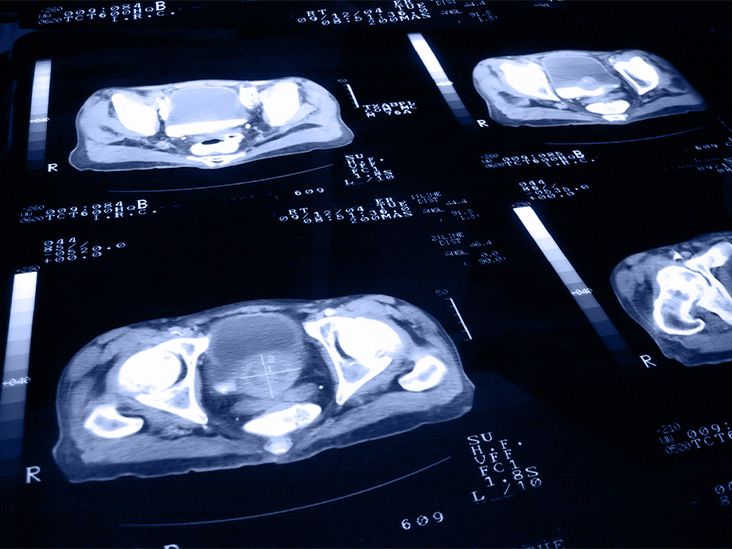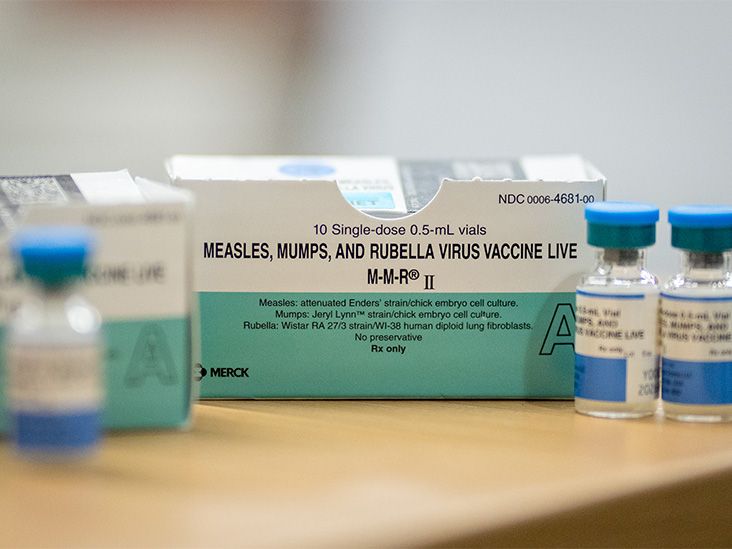If a person is experiencing symptoms that could suggest kidney stones, it is advisable to consult a doctor. The doctor they require can differ depending on factors
- a primary care physician (PCP)
- a urologist
- a nephrologist
A PCP is a healthcare professional who sees people with common medical issues. This person is often a doctor but can also be a nurse practitioner or physician assistant. Typically, this doctor will diagnose kidney stones.
A PCP
If a PCP cannot treat the kidney stones, they will refer the individual to a specialty physician, such as a nephrologist or urologist.
A urologist is a doctor who specializes in diagnosing and treating diseases of the urinary tract. Treating calculi, or urinary tract stones, is a subspecialty of urology. After a PCP referral, a person will typically see a urologist next.
A urologist will aim to help the stones pass with as little discomfort and damage as possible. Depending on the size, location, and type of kidney stone, a urologist will typically use one of the following treatments:
- shockwave lithotripsy
- ureteroscopy
- percutaneous nephrolithotomy
Read on to learn more about kidney stone surgery.
If a person frequently forms kidney stones, they may receive a referral to a nephrologist, a doctor who specializes in treating kidney problems. They can also help spot potential damage to the kidneys due to stones and help prevent future stones from forming.


